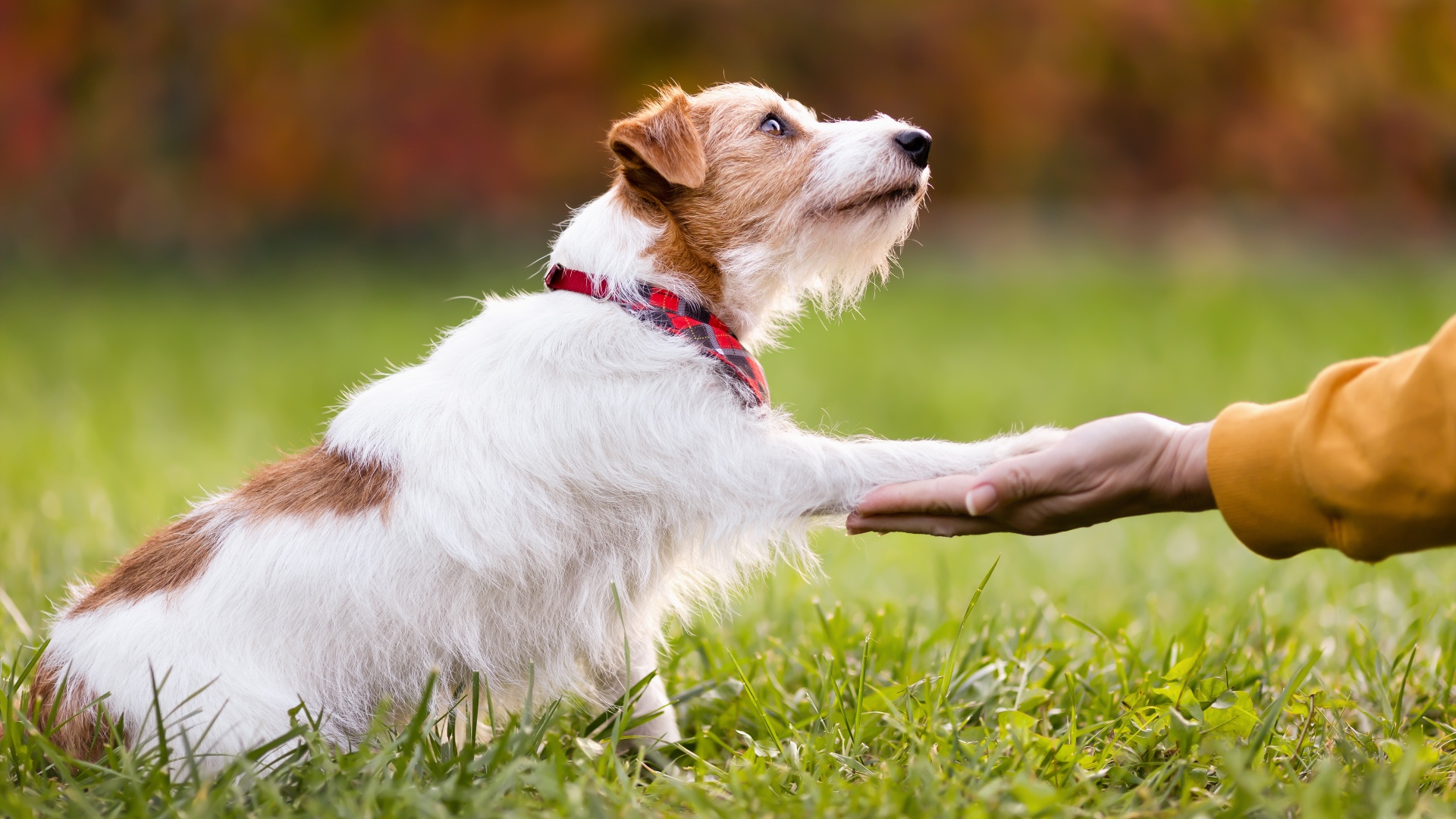
Rewarding our dogs is one of the most important parts of training, and of strengthening that all-important bond and relationship we have with our pups.
When we think of rewards, the best dog treats often spring to mind first, and while it’s true that treats are a great reward for dogs, they aren’t the only type of reward your dog might love.
Indeed, there are actually three main types of rewards that are likely to go down a storm with your furry friend. And award-winning trainer Lisa Burton of Listen Dog Training has outlined them all in a new Instagram post.
1. Social rewards: Dogs, as we know, are social animals, and dogs find social interactions rewarding! If your dog jumps up at people, pulls on their leash when they see other dogs on a walk, or gets overexcited when you have a visitor, it’s because they see a social reward.
Examples of social rewards you may be able to give your dog could include a fuss and plenty of attention, or a quick game of something.
2. Intrinsic rewards: “Intrinsic reward is a natural behavior your dog is instinctively driven to perform,” explains Burton. “These include behaviors like scenting, chasing, shredding, and dissecting, as these are all present in the dog’s predatory motor sequence.”
Dogs will find intrinsic reward in games like tug of war and fetch, for example, as they get to grab or pull.
3. Extrinsic rewards: These are the rewards we tend to be more familiar with. These rewards, explains Burton, “Motivate the dog to gain access to something they want, or to escape from something they don’t want.” The treats we give our pups for correct behaviors during training sessions are an example of extrinsic rewards.
Burton uses the example of the game of fetch as something that incorporates all three types of reward that a dog likes. The game involves plenty of interaction with their parent or another human they like, actions that trigger intrinsic reward, like chasing and grabbing, and extrinsic rewards too – if they find the ball and bring it back to you, they can have more turns of the game.
The science behind positive reinforcement for dogs shows that it’s the best way to train our pups, so why not plan the rewards you give your dog during training sessions based around the three types of rewards they get the most benefit from?







